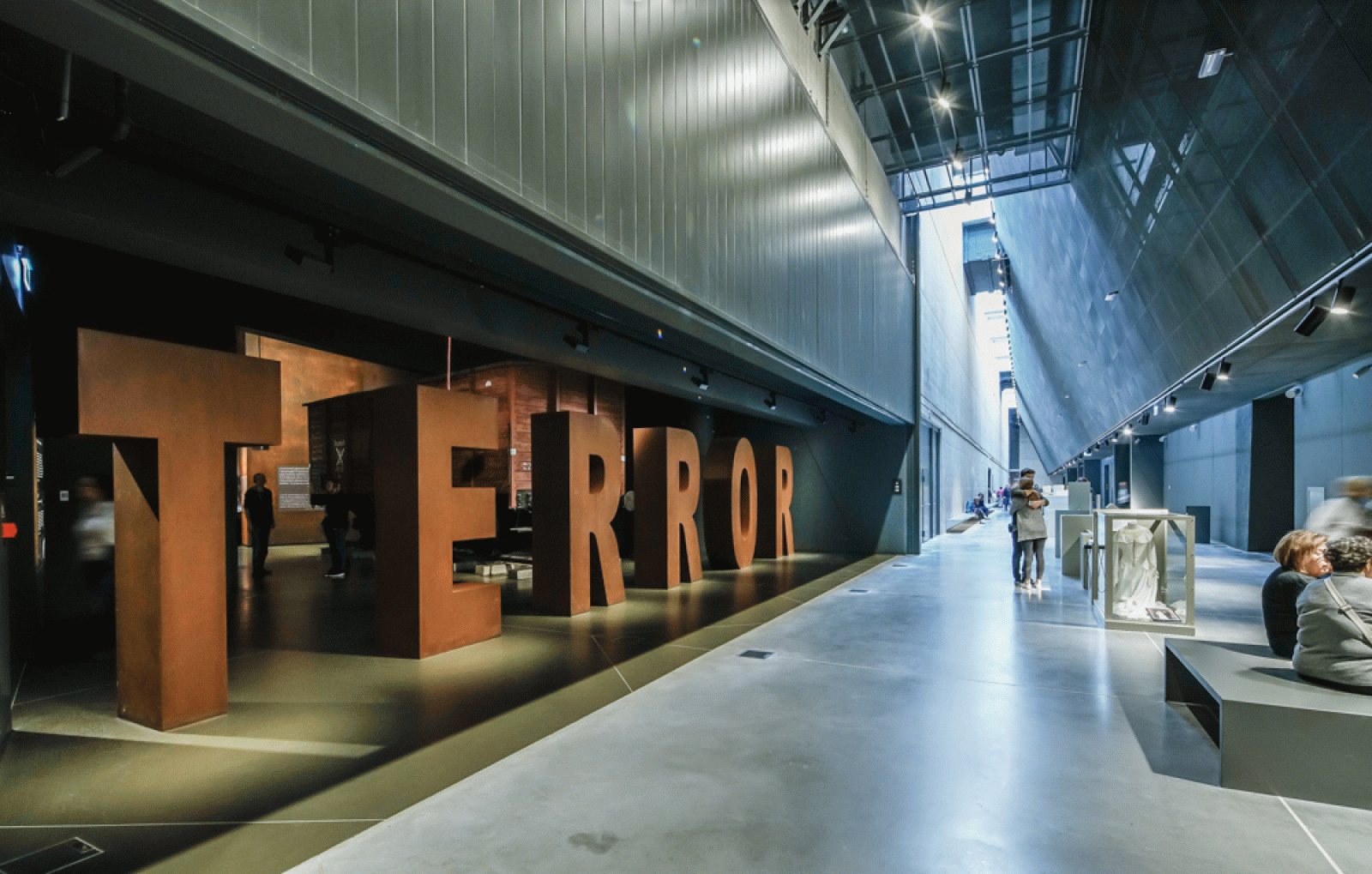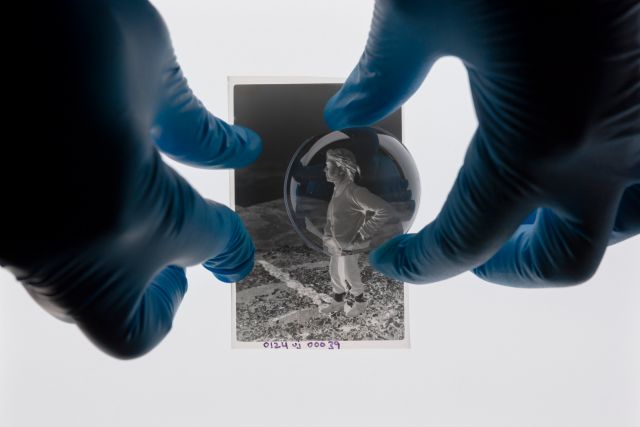Conferenza serale
Paweł Machcewicz: Challenges of Representing History in Museums: Between Academia, Politics and Entertainment
on the occasion of the workshop "War, Photo Archives and the Temporalities of Cultural Heritage"

Historical museums in last 25 years have become one of the most important tools in shaping historical memories of mass-scale audiences. The "museal boom" in the realm of history had started with the opening of the US Holocaust Memorial Museum in Washington DC in 1993 which was followed by the creation of numerous new museums. They attract millions of visitors each year, also by becoming places where people seek and find entertainment. The more popular they are, the bigger attention of governments and politicians they get. The latter often attempt to exploit museums for their political agendas. The third angle of this framework are curators and academic historians who create exhibitions and have to face divergent expectations and pressures coming from different sides.
Prof. Dr. Paweł Machcewicz is an Historian, professor at the Institute of Political Studies of the Polish Academy of Sciences, currently fellow at the Wissenschaftskolleg zu Berlin. He was founding director of the Museum of the Second Wolrd War in Gdańsk (2008-2017), in April 2017 dismissed from its position by the Law and Justice government immediately after opening the Museum to the public. He has taught at the Warsaw University and the Nicolaus Copernicus University in Toruń and was a co-founder of the Institute of National Remembrance, in 2000-2006 was director of its research and education branch. His many books include Rebellious Satellite: Poland 1956 (2009) and Poland's War on Radio Free Europe, 1950-1989 (2014) in the Cold War Series of the Woodrow Wilson Center Press and Stanford University Press. He was also editor and co-author of the two-volume series Wokół Jedwabnego: Jedwabne and Beyond, 2002 (the German edition: Der Beginn der Vernichtung. Zum Mord an den Juden in Jedwabne und Umgebung in Sommer 1941. Neue Forschungsergebnisse polnischer Historiker, Fibre, Osnabrück 2004). He also published about politics of history and memory conflicts in Poland and East Central Europe after 1989: Spory o historię 2000-2011 (Historical Battles 2000-2011), 2012. His most recent book Muzeum (ZNAK, Kraków 2017) describes the history of creating the Museum of the Second World in Gdańsk and controversies it evoked (its German edition will be published in May 2018 by the Harrassowitz Verlag: Der umkämpfte Krieg. Das Museum des Zweiten Weltkriegs in Danizg. Enstehung und Streit).
18 aprile 2018, ore 18:00
Kunsthistorisches Institut in Florenz - Max-Planck-Institut
Palazzo Grifoni Budini Gattai
Via dei Servi 51
50122 Firenze
Avviso
Questo evento viene documentato fotograficamente e/o attraverso riprese video. Qualora non dovesse essere d’accordo con l’utilizzo di immagini in cui potrebbe essere riconoscibile, da parte del Kunsthistorisches Institut in Florenz a scopo di documentazione degli eventi e di pubbliche relazioni (p.e. social media) la preghiamo gentilmente di comunicarcelo.



